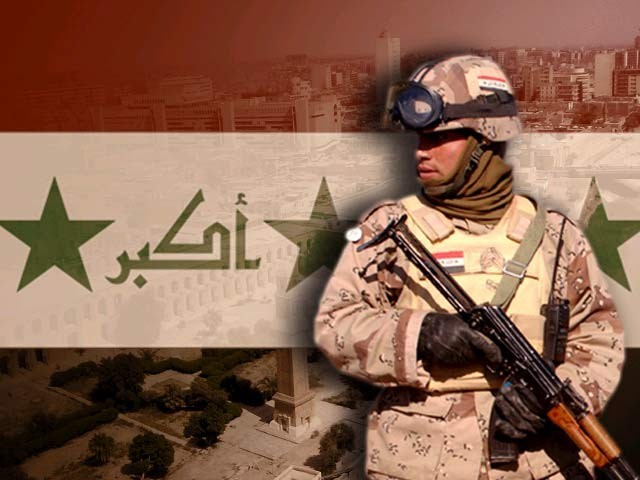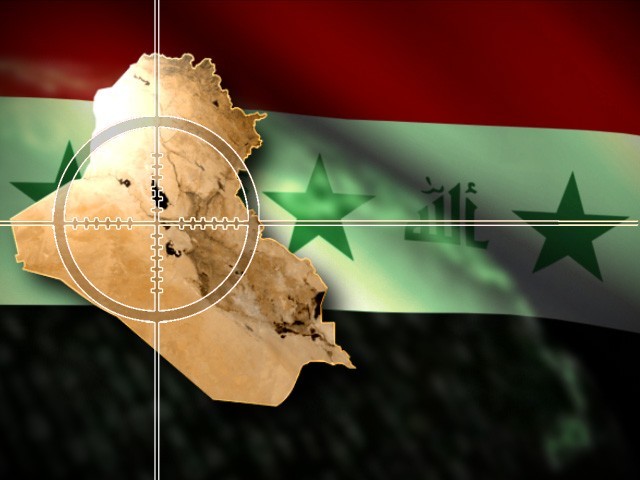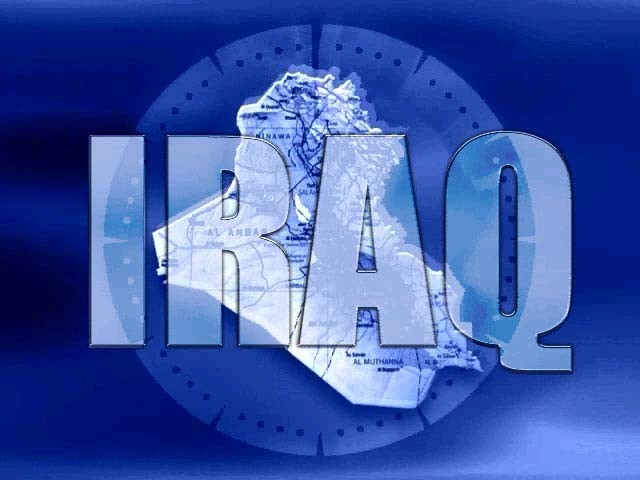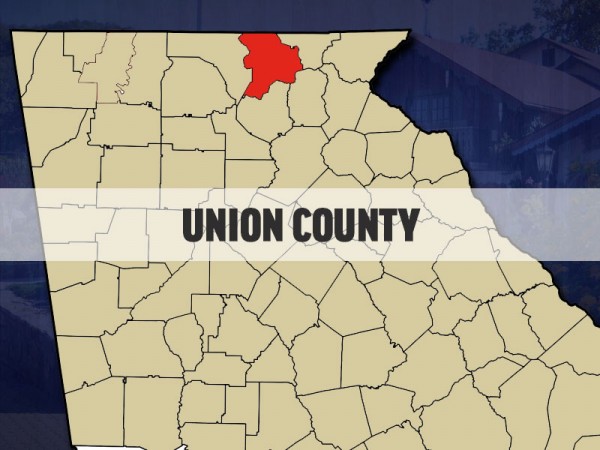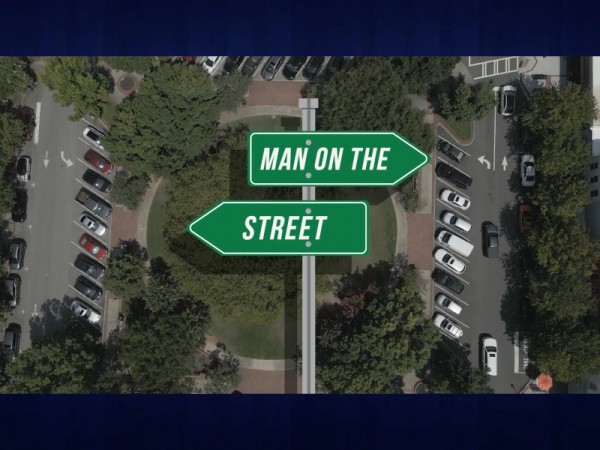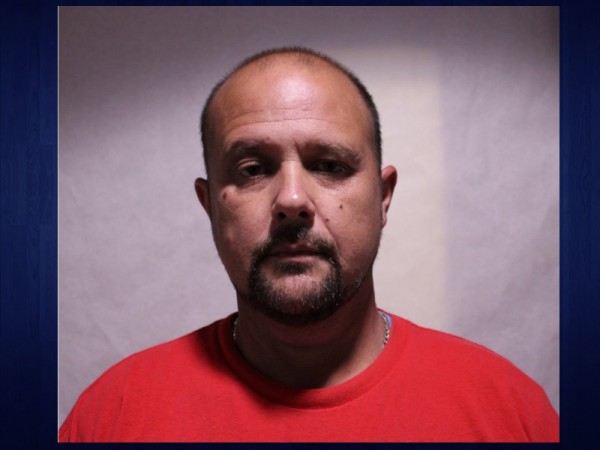BAGHDAD - Rocket and mortar attacks in Iraq have decreased to their lowest levels in more than 21 months, the U.S. military said Monday.
Last month saw 369 "indirect fire" attacks - the lowest number since February 2006. October's total was half of what it was in the same month a year ago. And it marked the third month in a row of sharply reduced insurgent activity, the military said.
The U.S. command issued the tallies a day after Iraqi Prime Minister Nouri al-Maliki said suicide attacks and other bombings in Baghdad also have dropped dramatically, calling it an end of sectarian violence.
In the capital, an Iraqi taxi driver was shot dead by a private security guard protecting a convoy driving through the city, Iraqi police said Monday. Afterward, police searched the man's taxi and found no weapons nor any other evidence of suspicious activity, said a police officer from the nearest station, who spoke on condition of anonymity because he was not authorized to release the information.
The convoy did not stop for the investigation, the officer said.
Total rocket and mortar attacks rose steadily from 808 in January 2007 to a peak of 1,032 in June, before falling over the next four months, a U.S. military statement said Monday. That decline also was seen in Baghdad, where such attacks rose from 139 in January to 224 in June, and then fell to only 53 attacks in October, it said.
The Iraqi spokesman for a U.S.-Iraqi push to pacify the capital said the decline in violence would allow the government to reopen 10 roads later this month.
"This will help reduce traffic jams and citizens will feel life returning to normal," Brig. Gen. Qassim al-Moussawi told Iraqi state television.
"We are all realizing now that what Baghdad was seeing every day - dead bodies in the streets and morgues - is ebbing remarkably," al-Maliki told reporters Sunday at his office in the U.S.-guarded Green Zone.
"This is an indication that sectarianism intended as a gate of evil and fire in Iraq is now closed," he said.
Associated Press figures show a sharp drop in the number of U.S. and Iraqi deaths across the country in the past few months. The number of Iraqis who met violent deaths dropped from at least 1,023 in September to at least 905 in October, according to an AP count.
The number of American military deaths fell from 65 to at least 39 over the same period.
Before the arrival of nearly 30,000 U.S. reinforcements this past spring, explosions shook Baghdad daily - sometimes hourly. Mortar and rocket fire were frequent as was the rhythm of gunfire.
Now the sounds of warfare are rare. American troops have set up small outposts in some of the capital's most dangerous enclaves. Locals previously lukewarm to the presence of U.S. soldiers patrol alongside them. And a historic lane on the eastern banks of the Tigris is set to reopen later this year, lined with seafood restaurants and an art gallery.
Maj. Gen. Rick Lynch, commander of U.S. forces south of the capital, said Sunday he believed the decrease would hold, because of what he called a "groundswell" of support from regular Iraqis.
"If we didn't have so many people coming forward to help, I'd think this is a flash in the pan. But that's just not the case," Lynch told a small group of reporters over lunch in the Green Zone.
He attributed the sharp drop in attacks to the American troop buildup, the setup of small outposts at the heart of Iraqi communities, and help from thousands of locals fed up with al-Qaida and other extremists.
"These people - Sunni and Shiite - are saying, `I've had enough,'" Lynch said.
Such local expertise has paid off for American troops and their Iraqi counterparts, who have killed or captured about 3,000 insurgents in the area in the past year, Lynch said.
Since November 2006, tips from local citizens have helped U.S. troops confiscate 2,470 rocket and mortar caches across Iraq, the U.S. military said.
Also Monday, the mayor of a northern Iraqi city told the AP that Iraqi soldiers killed four men in clashes that lasted throughout the night.
Hours after a tribal chieftain was killed in front of his village's mosque, Iraqi soldiers stormed the area and engaged armed men in an hours-long battle, killing four of them and wounding two, said Tal Afar Mayor Gen. Najim Abdullah. Troops also seized a machine gun and some rifles, he said.
Abdullah said several other men were arrested, and later confessed to the sheik's killing as well as other murders in the area. He did not give a number of those arrested.
Tal Afar is an ethnically mixed city about 93 miles east of the Syrian border, and 260 miles northwest of Baghdad.
Saturday
July 5th, 2025
5:15PM


